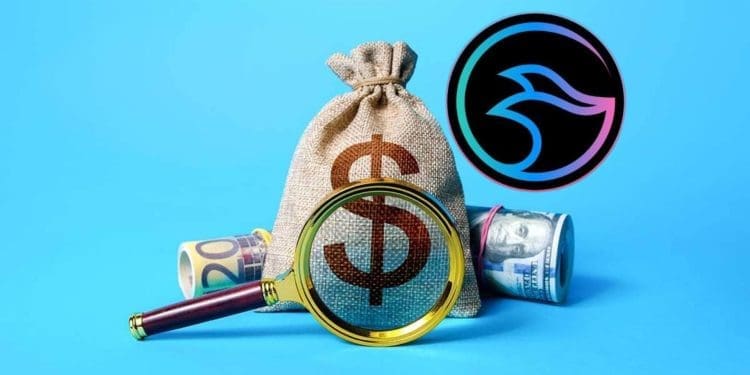- Manta Network, a privacy-focused blockchain protocol, is facing accusations of money laundering in South Korea after its token listing on exchanges like Binance and Bithumb.
- According to a user, Manta’s Korean BD representative received 2 million MANTA tokens which were quickly deposited to Bithumb, leading to a massive price surge. The BD allegedly sold the tokens at a huge premium and withdrew $5 million in ETH.
- Manta claims the token allocation was a legitimate business move to establish presence in Korea, but the controversy has damaged trust. Manta recently recovered from a DDoS attack prior to the money laundering allegations.
Manta Network, a zero-knowledge layer 2 blockchain, is facing allegations of money laundering in South Korea shortly after recovering from a DDoS attack.
Background on Manta Network
Manta Network is a layer 2 blockchain that aims to provide private and scalable transactions through zero-knowledge cryptography. The network uses a technology called zk-SNARKs to enable private transfers without revealing transaction details.
Manta Network recently launched its native MANTA token and listed it on several prominent exchanges including Binance, KuCoin and <a href="https://blocknews.com/crypto-exchange-bithumb-raided-in-south-korean-price-manipulation-probe/" title="<strong>Crypto Exchange Bithumb Raided in South Korean Price Manipulation ProbeBithumb.
Accusations of Money Laundering
On January 18th, a user named @Definalist posted that 2 million MANTA tokens were transferred to the personal wallet of Manta’s Korean Business Development (BD) representative.
This transaction occurred shortly after the MANTA token was listed on crypto exchange Binance.
Subsequently, the 2 million MANTA tokens were deposited into a Bithumb wallet, representing over 75% of the exchange’s total circulation volume at the time.
Within 5 minutes of being listed, the price of MANTA on Bithumb surged exceptionally, increasing over 100 times from its initial listing price of $0.26 to $23.
The BD reportedly proceeded to sell all 2 million MANTA tokens at a premium ranging from 50 to 100 times the listing price.
The sale proceeds totaling $5.16 million were then allegedly converted to 20,947 Ethereum. Finally, the ETH tokens were transferred to the BD’s personal wallet according to Etherscan.
Manta Network’s Response
In response to the money laundering accusations, Manta Network released a statement that the allocation of tokens to the Korean BD was part of their token economic model.
Manta explained that the objective was to help establish a presence in South Korea through the Korean BD.
Recent DDoS Attack on Manta
Prior to the money laundering controversy, Manta Network suffered a DDoS attack shortly after the successful listings of its token.
Co-founder Kenny Li noted that Manta’s nodes experienced over 135 million remote procedure call (RPC) requests in the DDoS attack.
On January 18th, Li provided an update that network access was being restored and the blockchain was operating safely again.
Conclusion
The allegations of money laundering have put Manta Network under scrutiny despite recovering from the previous DDoS attack. The company maintains that the token allocation was a strategic business move rather than illicit activity.
Manta Network will likely need to provide more transparency around its token distribution and business practices to rebuild trust in the community. The coming days will be crucial for the project as it aims to clear its name.














